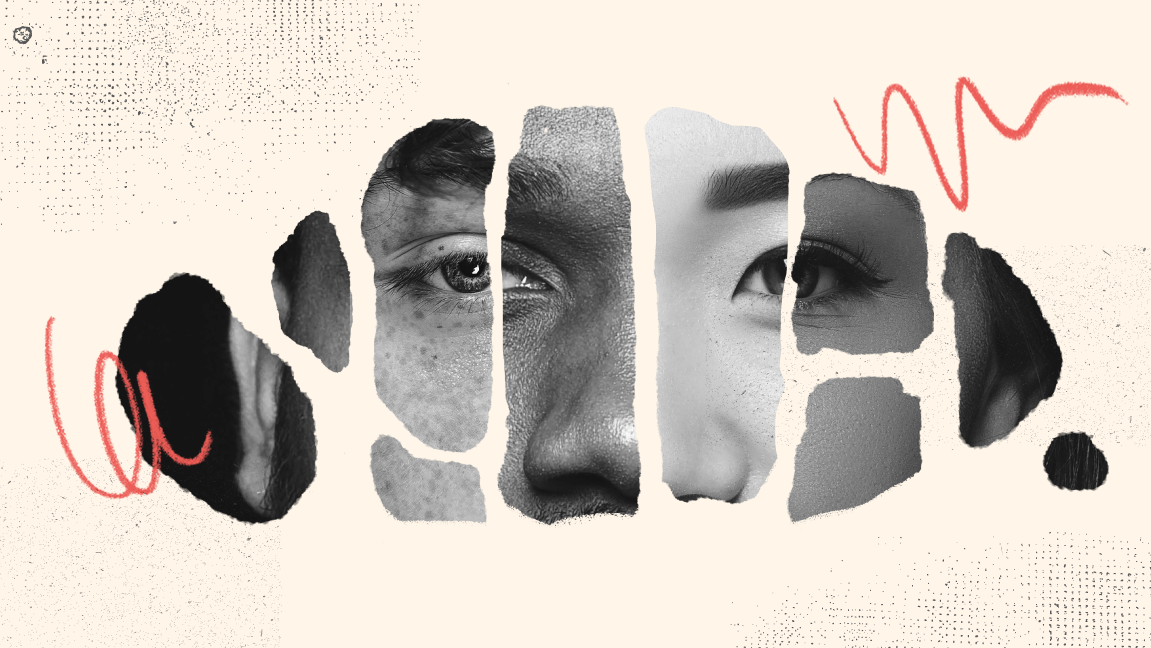The Council approved additional restrictive measures against four persons and two entities under the European Union’s Global Human Rights Sanctions Regime. The listed individuals and entities are responsible for serious human rights abuses worldwide, including torture and systematic and widespread sexual and gender-based violence.
This listings include the chief of staff of the Syrian army, Abdel Karim Mohammad Ibrahim, and Ali Mahmoud Abbas, previous Minister of Defence of Syria, and Deputy Commander-in-Chief of the Syrian Army. Both are responsible for the actions of the armed forces under their command, that commit systematic and widespread torture, rape, as well as sexual and gender-based violence against civilians.
The Council also listed the Minister of State Security of the Democratic People’s Republic of Korea (DPRK), Ri Chang Dae, who is responsible for numerous acts of sexual and gender-based violence committed by officials of the Ministry notably against women and girls showing opposition to the regime or held in detention/prison centres in the DPRK.
Today’s designations also include Evgeniy Sobolev, the head of the so-called “penitentiary service”, as installed by Moscow in the temporarily occupied Kherson oblast in Ukraine. Under his command, a widespread and systematic pattern of human rights violations in detention facilities in areas under the Russian occupation authorities’ control, including the Kherson region, has been documented, including torture, and other cruel, inhuman or degrading treatment or punishment and sexual and gender-based violence.
Lastly, two entities have been sanctioned: Kokorat San Ras, an Haitian gang operating mostly in the Artibonite and North West region, well known for its use of violence against women as a common weapon, and the Onsong County MSS Detention Centre – a detention facility in North Hamgyong Province of the DPRK, where torture and other cruel, inhuman or degrading treatment are established practices.
With today’s listings, restrictive measures under the EU’s Global Human Rights Sanctions Regime now apply to 117 individuals and 33 entities from a range of countries.
Those listed under the sanctions regime are subject to an asset freeze, and the provision of funds or economic resources, directly or indirectly, to them or for their benefit, is prohibited. Additionally, a travel ban to the EU applies to the natural persons listed.
The relevant legal acts have been published in the Official Journal of the EU.
Background
On 7 December 2020, the Council established a Global Human Rights Sanctions Regime, which applies to acts such as genocide, crimes against humanity and other serious human rights violations or abuses (e.g. torture, slavery, extrajudicial killings, arbitrary arrests or detentions). The EU Global Human Rights Sanctions Regime underscores the EU’s determination to enhance its role in addressing serious human rights violations and abuses worldwide. Achieving the effective enjoyment of human rights by everyone is a strategic goal of the Union. Respect for human dignity, freedom, democracy, equality, the rule of law and human rights is a fundamental value of the Union and of its common foreign and security policy.
In its conclusions of 14 November 2022, the Council expressed concern about the disproportionate effect that armed conflicts continue to have on women and girls worldwide, as well as the prevalence of sexual and gender-based violence including conflict-related sexual violence, offline and online. It committed to enhanced efforts to counter such violence in order to ensure full accountability and to combat impunity.
More information: Council of the EU







Leave a Reply